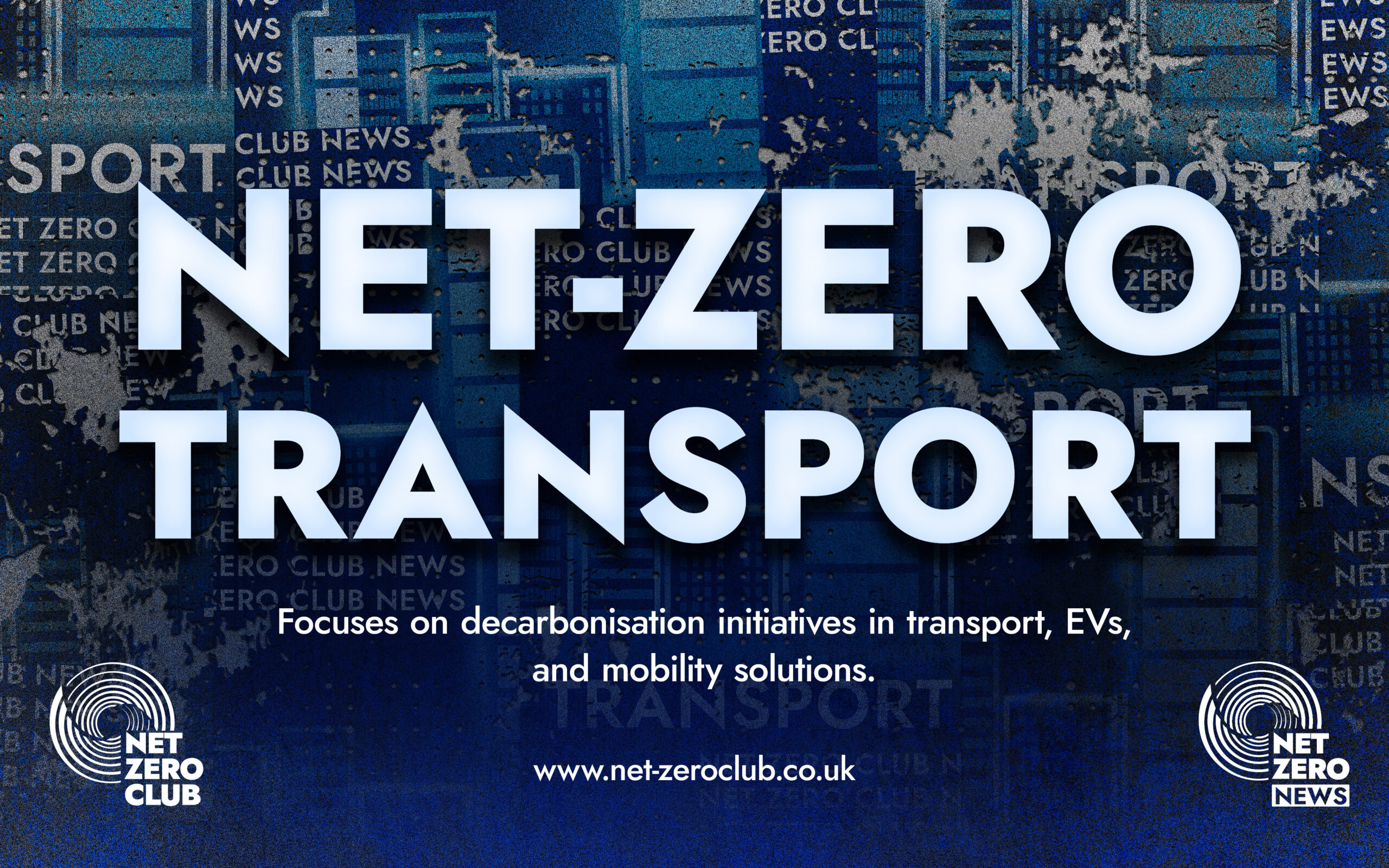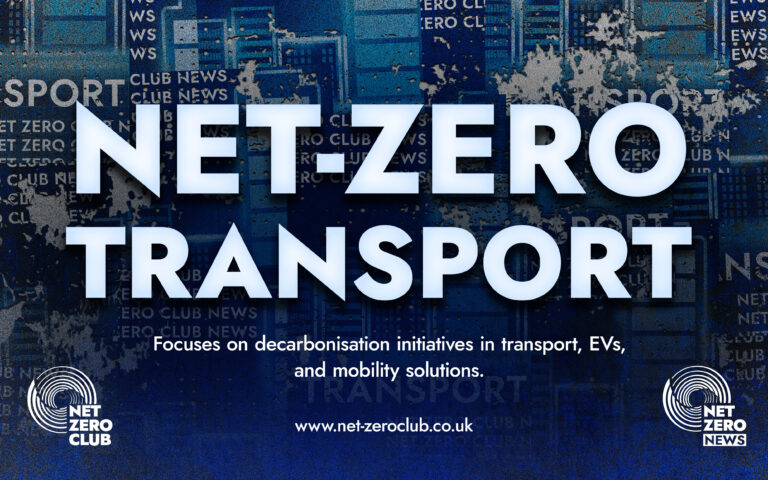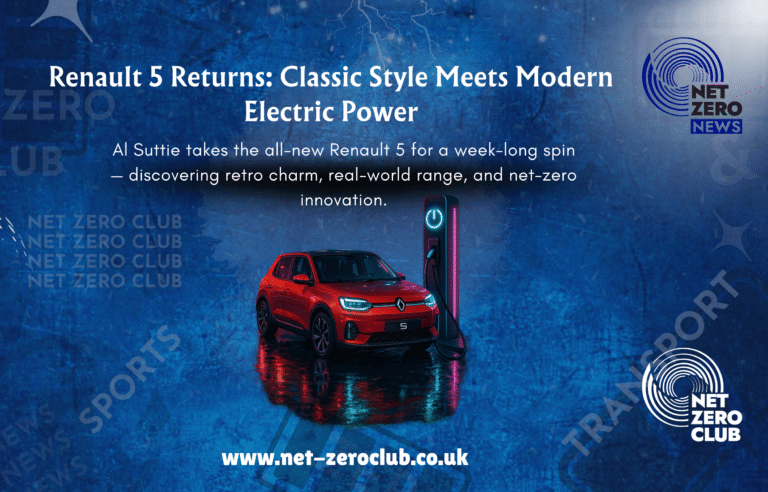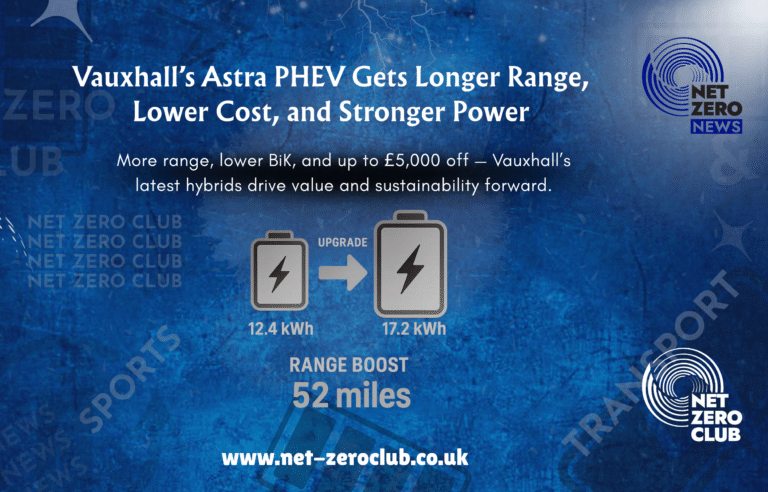European EV Loyalty at Risk as Chinese Brands Gain Ground

Welcome, Net Zero News readers,
The landscape of electric vehicle (EV) ownership is undergoing a fascinating transformation, as revealed by the latest findings from LCP Delta’s annual EV Driver Survey. In a comprehensive study involving 3,900 respondents from the UK and key European markets, the survey highlights strong brand loyalty among EV drivers while also shedding light on emerging trends in smart charging behaviours. Let’s delve deeper into the insights gathered and what they mean for the future of electric mobility.
Brand Loyalty: A Solid Foundation in a Competitive Market
One of the most striking features of the survey is the pronounced brand loyalty exhibited by EV drivers. An impressive 84% of participants indicated they would choose the same manufacturer for their next vehicle. This loyalty is particularly noteworthy in the UK, where a remarkable 93% of drivers expressed a preference for their current brand. Following closely are Spain (87%) and Germany (86%), indicating a robust trend across major European markets.
Tesla, the pioneering name in the EV sector, stands out with a slight edge in brand retention. Fifty per cent of Tesla owners stated they are ‘very likely’ to repurchase a vehicle from the brand, compared to 46% across all EV brands. This loyalty remains steadfast despite ongoing public debates and controversies surrounding the company, suggesting that existing customers are largely unfazed by external factors when it comes to their brand allegiance.
However, the emergence of new competitors in the market cannot be overlooked. An intriguing 59% of respondents indicated they would consider a Chinese EV brand for their next purchase, with 24% stating they are ‘very likely’ to do so and 35% ‘quite likely’. This trend is particularly pronounced in the UK, Spain, and Poland, where approximately three-quarters of drivers are open to exploring these alternatives. The appeal of competitive pricing in the UK, alongside a strong demand for affordable options in Poland and Spain, plays a significant role in this shift. Conversely, interest in Chinese brands is lower in countries like Sweden and Norway, where less than half of drivers expressed comparable enthusiasm.
The Changing Landscape of Charging Access
As EV ownership expands beyond early adopters, the importance of home charging remains central to the experience. However, the survey highlights a concerning trend: access to private parking is starting to decline. In 2023, a notable 75% of European EV drivers had access to private parking, but this figure has dropped to 61% this year. Researchers at LCP Delta anticipate a further decline as more individuals without private parking make the switch to electric vehicles.
This shift underscores the growing confidence in public and shared charging infrastructures. It also highlights the urgent need for communal and on-street charging solutions that are smart, reliable, and user-friendly. As more drivers transition to EVs, ensuring accessible and efficient charging options will be crucial to maintaining momentum in the adoption of electric mobility.
Adapting to Smart Charging: New Behaviours Emerge
The survey also delves into the evolving preferences for smart charging as the number of EV owners increases. While interest in smart charging solutions is high, many drivers are not yet harnessing these features consistently. This disparity indicates a pressing need to build trust and simplify automation within the charging experience.
Some of the new behaviours identified in the survey include:
- Only 48% of respondents are willing to keep their EV plugged in for extended periods when charging is not required.
- A significant 66% reported that they override their scheduled charging at least occasionally, which limits the potential benefits of smart charging and vehicle-to-grid services.
- Interestingly, 56% of drivers expressed openness to automated third-party charging control, revealing that trust remains a barrier to fully embracing these technologies.
Expert Insights: The Path to Mass Market Adoption
John Murray, head of EVs at LCP Delta, commented on the findings, stating: “The latest results from our seventh annual EV Driver Survey reveal compelling evidence that we are entering the mass market of EV adoption across Europe. The good news for automotive manufacturers is that existing EV drivers are proving to be loyal customers, with over four-in-five indicating they are likely to purchase the same brand of car next time. The challenge lies in appealing to the next wave of EV adopters, who may not share the same level of brand loyalty.”
Cara Sloan, associate consultant at LCP Delta and lead author of the survey, added: “For EV adoption to scale effectively, the experience must be effortless—right from the simple installation of a home charging point to managing charging through intuitive applications. By keeping the customer at the centre of the experience and simplifying smart charging, EV drivers can evolve into active energy partners, contributing to grid balance while also reducing their own costs.”
Looking Ahead: The Future of EVs in a Net Zero World
The insights gathered from LCP Delta’s EV Driver Survey offer a glimpse into the future of electric mobility in Europe. As brand loyalty remains strong among current EV owners, the automotive industry faces a dual challenge: retaining existing customers while simultaneously attracting new ones who may not have the same level of allegiance.
Furthermore, as the market evolves, the demand for accessible and reliable charging infrastructure will become increasingly vital. The decline in access to private parking suggests a need for innovative solutions that cater to a broader audience, including those living in urban environments without dedicated charging facilities. This is where smart charging technologies can play a pivotal role, making the transition to electric vehicles not only feasible but also appealing.
Ultimately, the findings from the EV Driver Survey highlight a critical juncture for the electric vehicle market. As we navigate this transition towards a more sustainable future, understanding the behaviours, preferences, and challenges faced by EV drivers will be essential to fostering a thriving ecosystem that supports the principles of net zero.
For those interested in exploring the complete findings of LCP Delta’s EV Driver Survey 2025, you can access the report here.
In conclusion, as we strive towards a net zero future, the insights from this survey provide a valuable foundation for understanding the current state of EV adoption and the evolving landscape of electric mobility. By addressing the challenges identified and embracing the opportunities presented, we can work together towards a greener, more sustainable transportation system for all.

 Got net-zero news, project updates, or product launches to share?
Got net-zero news, project updates, or product launches to share? 

